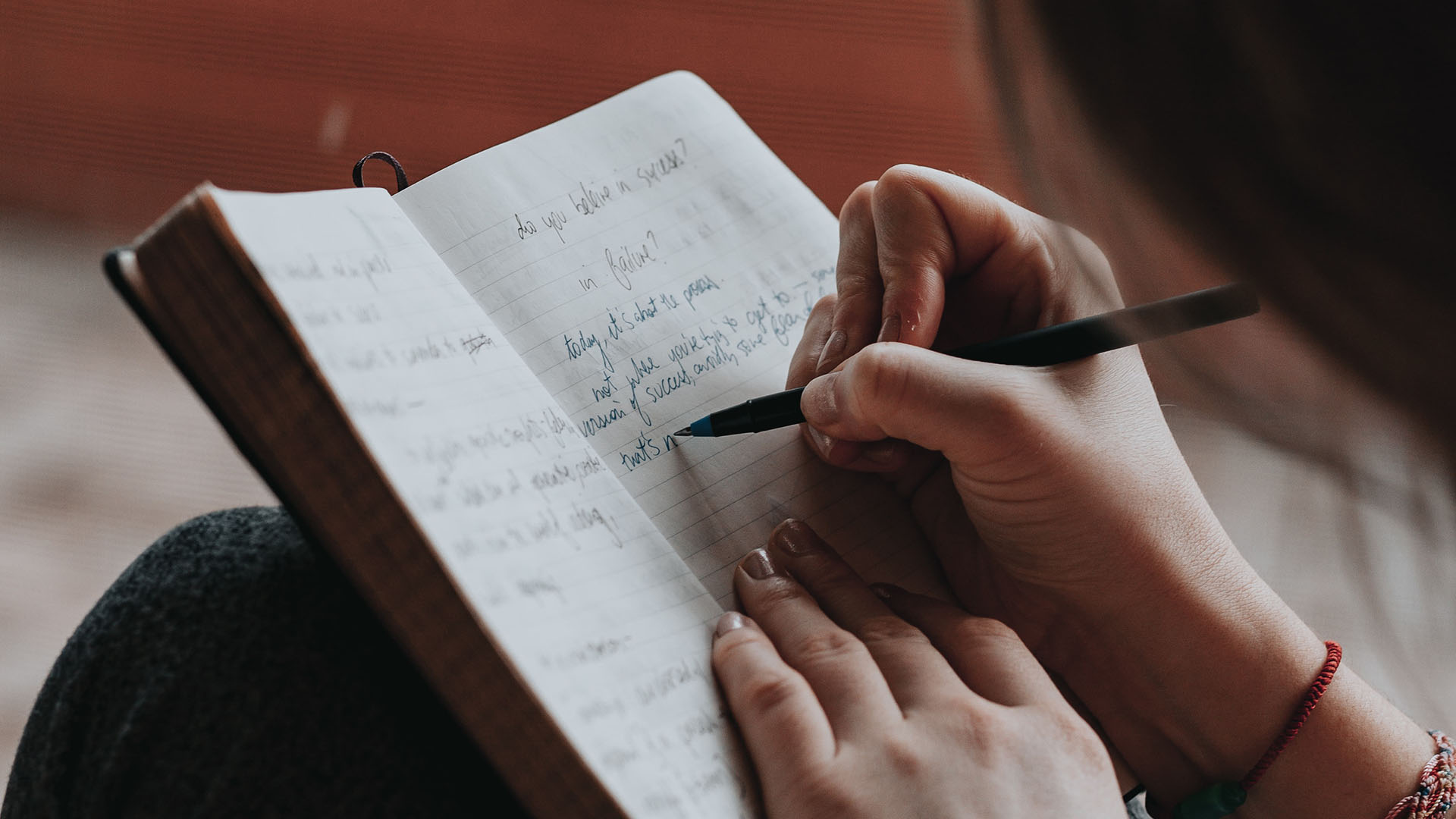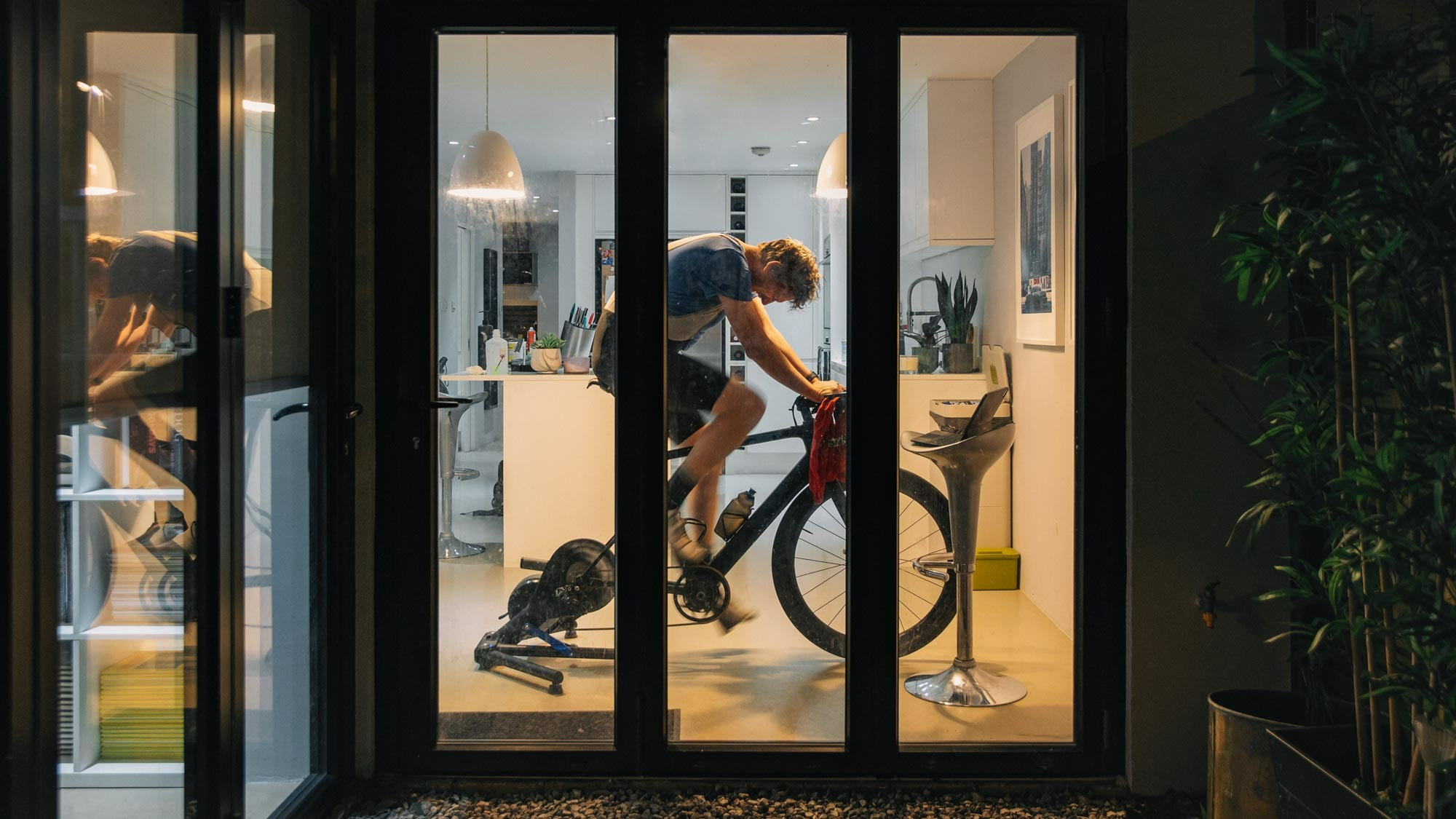
What we do as part of our nighttime routine can have a huge effect on how long it takes to fall asleep, so there's a lot of things to avoid. Some nighttime don'ts, such as drinking coffee or eating too much, are obvious. However, one of the things to avoid is something we all likely do as part of our bedtime routine.
Establishing a good bedtime routine is one of the best things you can do for your sleep, along with choosing the best mattress for your body or making your bedroom calm and comfortable for sleeping. But what should you do as part of a good nighttime routine — and what should you avoid?
To find out, we've spoken to a number of sleep experts about what you should change about — and add to — your sleep routine. And there's one thing in particular that you should avoid...
The common nighttime routine mistake to avoid
It's drilled into us from a young age that we should never go to bed without brushing our teeth. While it's important to brush our teeth every morning and every evening for a healthy smile, that doesn't mean you should do this task right before bed.
“The biggest nighttime routine mistake people make is leaving brushing their pre-bed grooming until the moment they’re super-tired and ready to fall asleep," says Certified Sleep Science Coach Claire Davies. "If you’re yawning and ready to sleep, switching on a bright bathroom light to brush your teeth and wash your face is a sure-fire way to wake yourself up again."

Jabe Brown, founder of Melbourne Functional Medicine, agrees: "That quick trip to a brightly lit bathroom to brush your teeth right before bed can provide just enough stimulation—from light exposure, the minty toothpaste flavor, and physical activity—to shift you into a more alert state."
Of course, this doesn't mean you should skip brushing your teeth in the evening — just don't do it so close to bed. “Do all of that at the start of your wind-down nighttime routine," advises Davies. "So that when you’re ready to fall asleep you can just get into bed and drift off easily and quickly."
3 nighttime routine tips to fall asleep fast
1. Establish consistent habits
Sleep experts agree that consistency is key to a good nighttime routine. Our circadian rhythm relies on consistency to be most effective," explains Matt Gallant, sleep supplement formulator and CEO of BiOptimizers. "It's best to go to sleep as soon as you start feeling sleepy and to respect that time every night."
2. Try gratitude journaling

When we say 'journaling', you may instantly think of the traditional "Dear Diary..." entry, but that's actually not what we're talking about. "Writing about your day might seem calming, but it can unintentionally trigger stress or spark creativity, making it harder to unwind," suggests Le Baron. "Instead, focus on gratitude journaling to shift your mind toward positive, calming thoughts."
3. Use a guided meditation
There are a number of sleep meditation techniques we've tried and tested at Tom's Guide, from guided sleep mediation videos to breathing methods. Finding one that works for you can help you unwind and act as a diversion from from distracting or stressful thoughts. I do a relaxing full body scan or deep sleep meditation," says Davies. "I keep it simple and do the same things every night so that my brain recognises these sleep cues.”
Meanwhile, Le Baron likes to a light exercise to help her fall asleep: "I highly recommend Yoga Nidra; just 10 minutes of this practice can equal an hour of restful sleep."
3 nighttime routine mistakes to avoid if you want to fall asleep fast
1. Avoid setting your alarm right before bed
While it's important to set your alarm before sleeping to ensure you won't oversleep the the next morning. But if you use the alarm on your phone or tablet, you shouldn't leave it until the last minute.
"Even small routines that seem harmless, like late-evening scrolling through your phone or waiting until the last minute to set your alarm, can disrupt the careful alignment of your internal clock," explains Brown.
2. Avoid vigorous exercise right before bed

While an intense workout can tire us out, that doesn't mean it will help you fall asleep quicker. "Vigorous workouts raise your core body temperature, disrupting your body’s natural cooling process for sleep," explains certified yoga therapist and sleep coach Monica Le Baron. "Opt for lighter activities like a short walk or gentle yoga to prepare your body for rest. "
3. Avoid listening to random music
While some music can help us to relax and unwind, other music can energize, so Le Baron says it's important that you curate a playlist that's conducive to falling asleep fast. "Meditation and music are great alternatives to screens, but not all tracks are soothing—some can stimulate rather than relax," she tells us. "Test them during the day to ensure they help you unwind."







